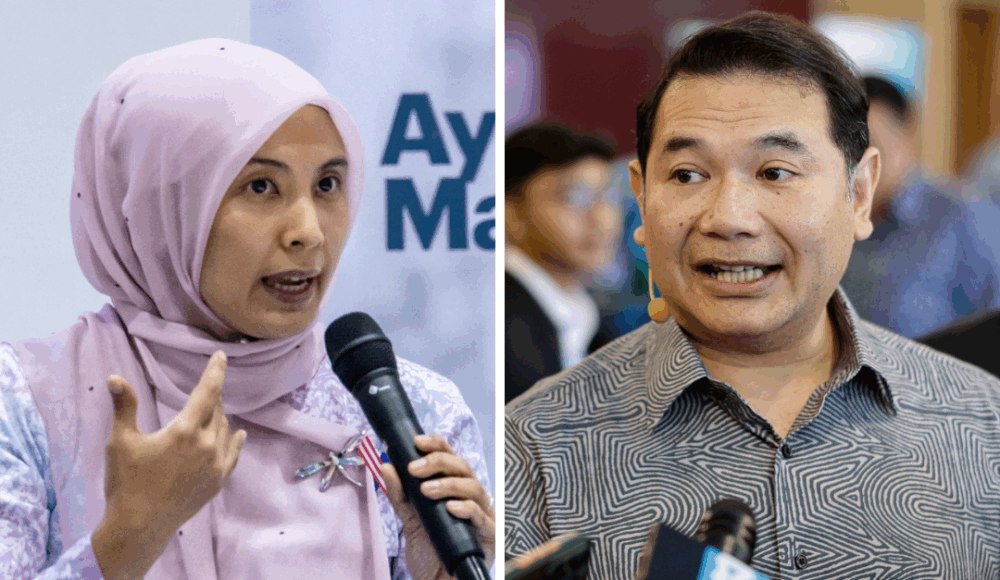MAY 11 — History seldom offers the same opportunity twice. On May 23, Parti Keadilan Rakyat (PKR) will face not just a party election—but a test of political imagination. Will it repeat the tragic cycle of division that has undone so many Malaysian parties before it? Or will it seize the chance to consolidate its two brightest minds into a leadership constellation strong enough to anchor both Malaysia and Asean through the gathering storms of our era?
This is no ordinary intra-party contest. It unfolds against the backdrop of a fragmented world, a volatile region, and a disoriented political class. The rivalry is not between Nurul Izzah Anwar and Rafizi Ramli. The real challenge is between inertia and imagination; between power for its own sake and leadership for a larger cause.
They are not arch-rivals in the mould of past political duels in Umno or the zero-sum factionalism that has plagued other coalitions. They are not proxies for separate camps. They are partners — distinct in style, but united in substance — each carrying half the solution for a nation in search of direction. Both must back Prime Minister Anwar Ibrahim the principal architect of reforms.
Together, they must build not separate legacies but the arch of reforms Malaysia desperately needs.
Nurul Izzah brings a principled internationalism steeped in justice, equity, and people-first policies. She is a moral compass for a country that has often lost its way in the fog of race-based populism and institutional drift.
Rafizi Ramli is the blueprint-maker. His data-driven style, economic acumen, and policy fluency make him indispensable in the design of a future-ready Malaysia, especially as the nation contends with inflation, technological bifurcation, and strategic vulnerabilities.
As responsible parents, both understand that politics is no longer a short-term game of electoral gains. It is the architecture of tomorrow’s survival.
Rafizi Ramli and Nurul Izzah Anwar are set to face off in PKR’s upcoming deputy presidency contest. — Picture by Firdaus Latif/Bernama
And survive Malaysia must — but not alone. As a strategic power in Southeast Asia, Malaysia cannot merely adjust to geopolitical shifts. It must shape them. From digital trade to regional security, Malaysia must be the example Asean looks to — not the exception it explains away.
Trump’s second presidency has torn further at the fabric of multilateralism. Asean is being pushed to the brink, caught between transactional alliances and crumbling norms. If Malaysia falters, the region risks fragmentation.
PKR must reflect this urgency. It must offer a leadership formation that does not merely rotate personalities, but integrates capabilities. Whether Nurul Izzah becomes deputy president and Rafizi remains vice president — or the reverse — the message must be clear: Malaysia’s future demands cooperation, not contestation.
Let this May 23 be remembered not as the day PKR chose sides — but as the day it chose synergy. Let it mark the birth of a new grammar of leadership: intelligent, principled, and regionally conscious.
The arch of reforms is not built on slogans. It is built on substance — and it rests on the shoulders of those who know the weight of national responsibility and the reach of regional consequence.
That arch must be built by Nurul Izzah and Rafizi Ramli — not as opponents, but as co-architects of Malaysia’s and Asean’s next chapter.
*Phar Kim Beng, PhD, is professor of Asean Studies at the International Islamic University Malaysia (IIUM). He writes frequently on strategic and geopolitical developments across the Indo-Pacific.
**This is the personal opinion of the writer or publication and does not necessarily represent the views of Malay Mail.





